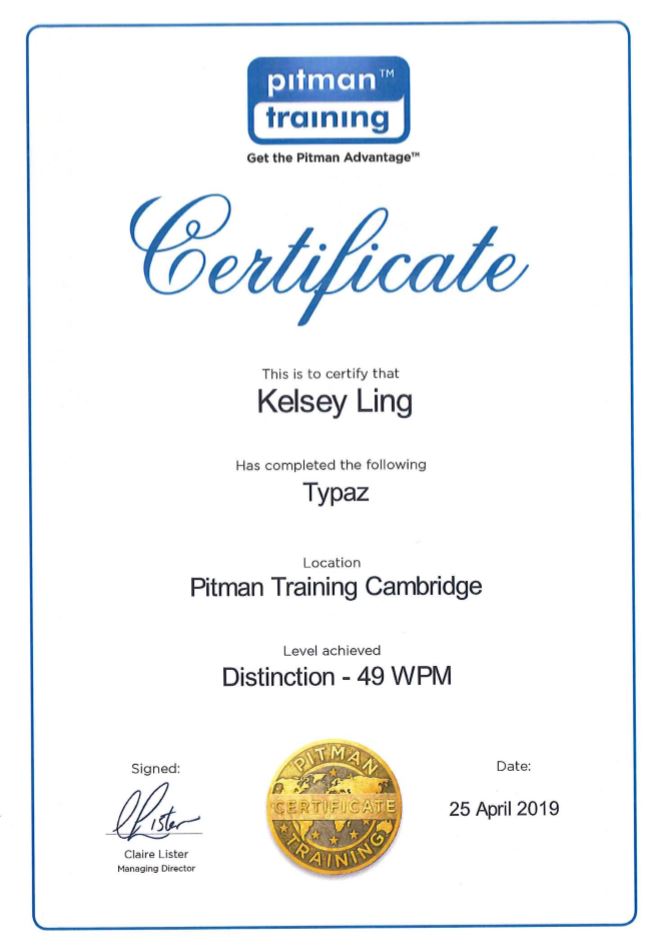With most commercial leases containing upwards only rent review clauses, the renewal of the lease is often the only opportunity available to a tenant to reduce the rent.
Unlike rent review clauses which are almost inevitably drafted on up an “upwards only” basis, a tenant who has a right to claim a new lease at the end of its contractual term, has a right to claim that the lease on the same terms as the existing lease except as to rent, which is to be a market rent.
The current state of the commercial property market means that many tenants are securing renewals at significantly reduced rents. How much a reduction will depend on the date of the last review, the location of the property and of course the relative bargaining skills of the landlord’s and the tenant’s surveyors instructed on the review.
When approaching a lease renewal, landlords and tenants should seek the advice of both their solicitors and surveyors at the earliest opportunity.
The landlord should consider whether it is in his interest to trigger renewal procedures or to leave these in the hands of the tenant and similarly the tenant will need to consider whether it should trigger renewal procedures or just let the lease continue. This decision is often difficult for a landlord who may have to consider whether he wants the security of income offered by a long lease, even if renewal means he suffers a substantial reduction in income.
The tenant will need to consider whether it is in his interest to commit himself to the costly process of renewing his lease or, particularly if he only has short term requirement to allow the lease to continue, albeit at an inflated rent.
When considering these issues, a tenant can be comforted by knowing that he is not committed to taking a new lease by either the landlord instigating or the tenant instigating the renewal procedures. On the other hand a landlord needs to be aware that if the tenant, who has a right to a new lease under the Landlord and Tenant Act 1954, requires such a new lease, then as long as that tenant meets all the statutory time limits he will obtain a new lease unless the landlord can prove one of the statute grounds of opposition.
If the landlord wishes to recover possession of premises and oppose the tenant’s claim to a new lease, the landlord should seek the early advice of his solicitor about the available grounds of opposition, and have the basis of his case prepared, before he triggers the renewal procedures.
At Adams Harrison we have had a considerable experience in advising both landlords and tenants on business lease renewals, both on a contested and an un-contested basis and if you require advice or guidance you should contact Rhodri Rees at Haverhill on r.rees@adams-harrison.co.uk or Richard Booth at Saffron Walden on r.booth@adams-harrison.co.uk





